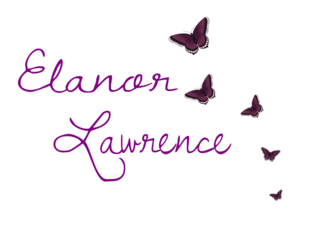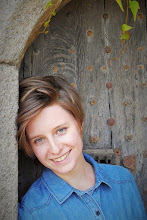 How many books do you read in a year? Supposing you read regularly, but not for long periods of time (say, while you’re drinking tea, or sitting on the bus) you can probably finish a book a week. Or maybe you’re a bit faster than that, and you manage to finish two books a week. If you read really fast, maybe you’ll finish three or four.
How many books do you read in a year? Supposing you read regularly, but not for long periods of time (say, while you’re drinking tea, or sitting on the bus) you can probably finish a book a week. Or maybe you’re a bit faster than that, and you manage to finish two books a week. If you read really fast, maybe you’ll finish three or four. Whatever the case is, unless you spend all your time reading, you’re not going to finish more than 200 books a year. Even that is pretty insanely fast. My goal for this year is 100, and I’m worried about making that because I started kind of late. On the Goodreads challenge, the average is just 70.
Now for some statistics. Google estimates that there are nearly 130,000,000 books in the world. If you want to read them all, even working at the crazy-fast pace of 200 a year, that’s going to take you 650,000 years. That’s over 8000 lifetimes.
Of course, you can’t even read all of those. What about the books published in Estonia or Iran or Turkey? Let’s also assume that you’re only interested in English books. And to make things easier, let’s only think about the ones that are recently available. According to Bowker, 288,355 books were published in the US in 2009 alone. That’s a little better, right? You’re only going to be spending 1400 years reading. Oh, wait. I forgot. That’s just one year’s worth of books you’ve finished. By the time you’re done all of 2009’s books, your backlog will be 415,743,030 books long. Time to settle down for another 2,078,715 years of reading…
At the more normal rate of 70 books a year, for each book you read, there’ll be at least 4000 others published that year that you won’t get to read. Then again, you probably don’t actually want to read all the books in the world. There are cookbooks, and lame self-help books and children’s picture books that you have absolutely no interest in. Maybe, like me, you’re mainly interested in young adult books.
Guess what? There’s still way too many of those. Goodreads has 845 young adult books listed as anticipated reads for 2010 and 2011. For you, that’s 422.5 books to read each year. More than twice what you could read, even if you were insanely fast. And those are just the most anticipated books; it’s not a comprehensive list. If you’re a slower reader, you’re going to miss out on about 400 fairly high profile books every year.
I could continue, but I’m sure you get the picture. There is absolutely no way you’ll be able to read anywhere near all the books that you see on blogs, or that your friends talk about, or that you notice in the bookstore. It’s just plain impossible.
But you know what? That’s okay. When you learn that you can’t read everything, it also means that you don’t have to read everything. If you don’t like romance, then you don’t need to read it. There are plenty of action novels being published. If you don’t like fantasy, then go pick up some general fiction instead. It’s that simple. The sheer number of books being published may seem overwhelming, but it’s also so wonderful. It’s like standing in the middle of a candy shop. You can’t eat everything or you’ll get so sick. So instead you just eat a bit of your absolute favourite kind.
I have close to sixty books ordered at my local library, and another ten at home that I haven’t read yet. In three months I’m moving out. There’s no way I can read 70 books in three months while working and writing. A lot of those books are going to have to go. It’ll be hard, choosing the ones I don’t want to read, but I’ll end up with a summer of fantastic stories in genres I love. What could be better than that?








































